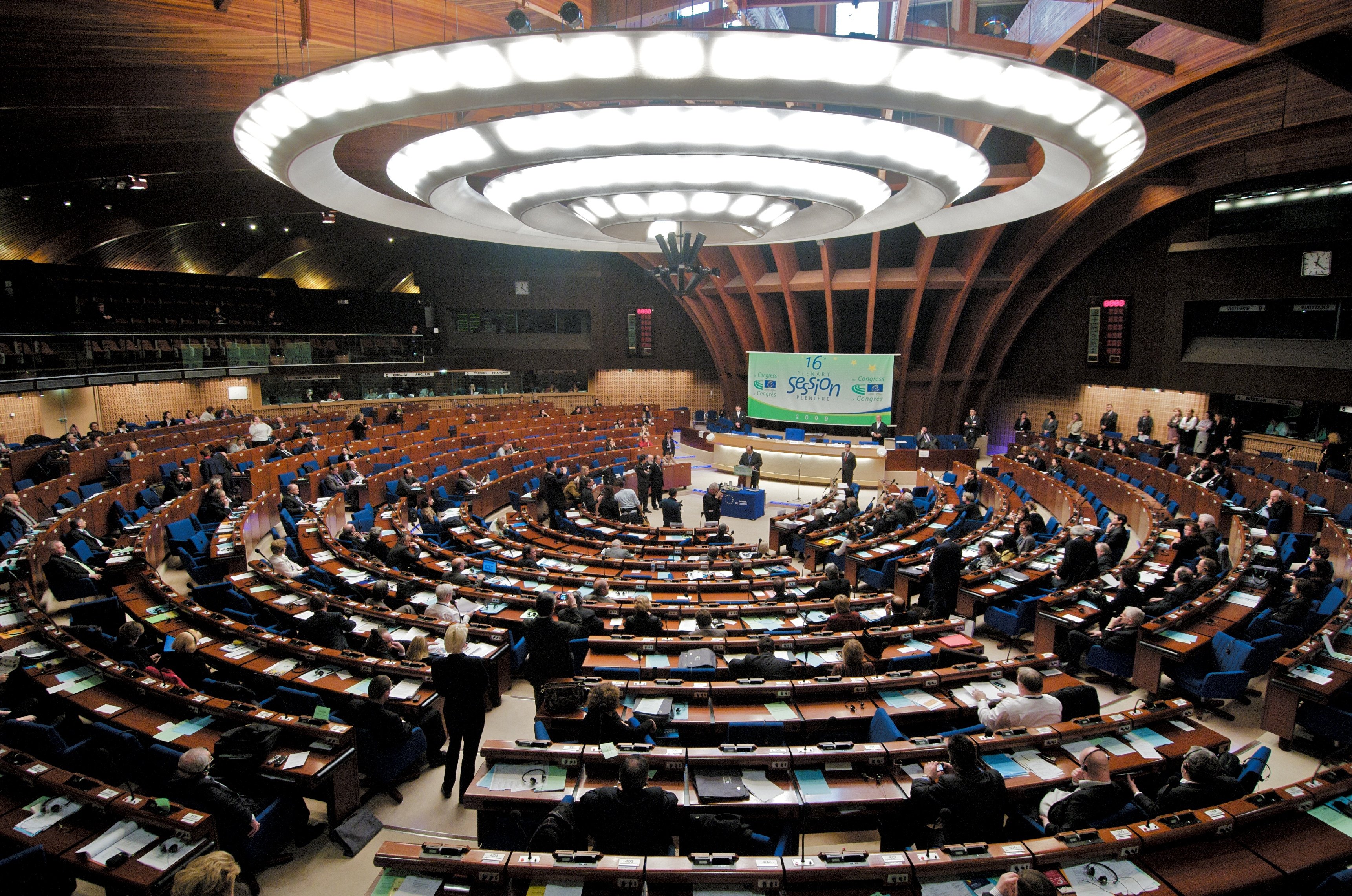A new declaration in favour of the Catalan independence leaders in the Council of Europe. Twenty-two members of the Council's parliamentary assembly have signed a statement asserting the rights to political participation of the Catalan political prisoners and exiles, and recalling that it is in "dialogue and not repression that a constructive solution" to the conflict between Catalonia and Spain can be found.
The signatories state that "political and public participation rights play a crucial role in the promotion of democratic governance. Therefore, obstacles to the exercise of these fundamental rights challenge the core principles upheld by the Council of Europe."
They denounce the "worrying steps" that the Spanish authorities are taking against the right to political representation in Catalonia. They criticize the denial of Oriol Junqueras's right to take office as an MEP, despite the ruling in his favour by the European Court of Justice (ECJ), as well as Spain's rejection of the parliamentary immunity of Catalan MEPS Carles Puigdemont and Toni Comín - despite the acceptance of their immunity in all the other countries of the EU.
They also complain that other elected pro-independence leaders elected to Spanish political office - Jordi Sánchez and Josep Rull, who won seats on the Congress, and Raül Romeva, who was elected to the Senate - "had their seats taken away due to a highly controversial ruling of the Spanish Supreme Court". International legal and human rights organizations have "strongly questioned" this decision, the letter signatories note.
The 22 politicians from 13 European countries say they "welcome the announced dialogue" between the new Spanish government and the Catalan government and they point out that "dialogue, not repression" is the route to a constructive solution.
Signatories are mostly representatives of left-leaning political parties in the Socialists, Democrats and Greens (SOC) and United European Left (UEL).
The Council of Europe is an organization aimed at upholding human rights, democracy and the rule of law in Europe. It has 47 member states and is not an institution within the Europe Union.

